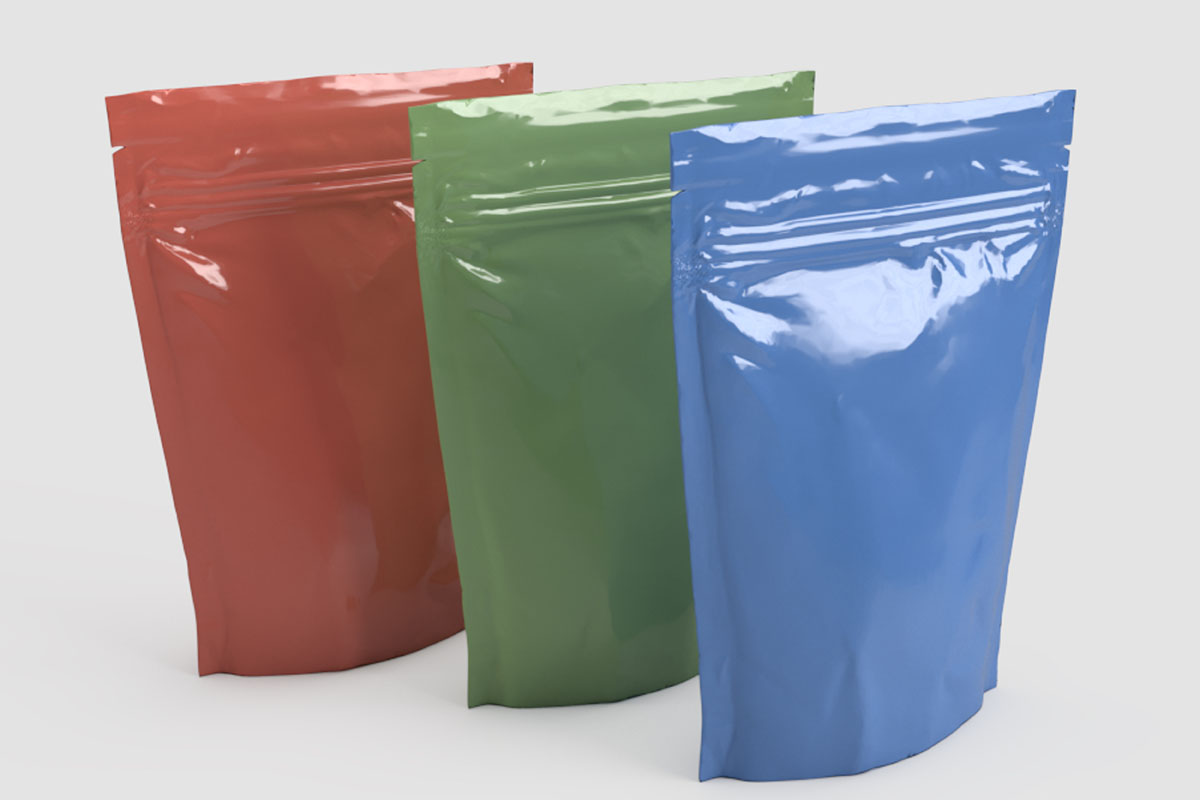
Overall, the government of Canada plans to require 50% recycled content in plastic packaging by 2030. | Nextcreative/Shutterstock
Canada’s federal government will mandate recycled plastic be used in bottles, foam protective packaging, films and other products. But first, officials are asking for public input on important details.
Environment and Climate Change Canada (ECCC), the federal environmental department, on Feb. 11 published a notice that it plans to draft minimum-recycled-content regulations, possibly as soon as the end of this year. Overall, the government of Canada plans to require 50% recycled content in plastic packaging by 2030.
In pursuit of that goal, ECCC is planning to require varying levels of recycled plastic be used in the following categories of products:
- Beverage containers for carbonated and noncarbonated drinks.
- Bottles containing personal and laundry care soaps, as well as other products.
- Non-bottle rigid containers and trays (not food contact) such as clamshells, jars, pots, trays and pails for products such as paints, plants, cleaning products, cosmetics, housewares, electronics, appliances, sports equipment and toys.
- Foam protective packaging for products such as housewares, furniture, electronics and appliances.
- Film and flexible packaging (not food contact) such as bags, stretch wrap, shrink wrap, stand-up pouches and bubble wrap.
- Garbage bags.
- Garbage, organics and recyclables collection bins.
For each of the categories above, ECCC is considering short-term targets (by 2025, for example) and long-term targets (by 2030, for example), according to the notice.
Notably absent from the list above is packaging for direct food contact.
“The limited supply of food-grade recycled resins is a significant challenge to meeting mandatory recycled requirements for many types of food packaging,” the notice states. “ECCC therefore proposes to exclude primary (direct contact) food packaging from the Regulations at this time, with the exception of beverage containers. ECCC intends to develop instruments and approaches that will increase recycled content in these applications which could include future regulation.”
Many of the regulatory details have yet to be determined, according to the notice. Those include what levels to set the targets for each product category; to what degree post-industrial plastic could be used to meet targets; whether and which types of chemical recycling processes produce recycled resins that qualify; what the role of reusable packaging will be; whether there should be recycled-content requirements in bio-derived plastics; whether compostable plastics should be exempt; how producers would be required to measure and verify recycled content; and more.
ECCC is requesting comments be emailed to ContenuRecycleRecycledContent@ec.gc.ca by March 14. An ECCC spokesperson said the department welcomes comments “from a broad range of participants, including representatives from international companies and associations engaged in Canadian supply chains.”
The department may publish the draft regulations as soon as late 2022, at which point there will be another comment period.
Throughout North America, policymakers are showing growing interest in using minimum-recycled-content requirements as tools to stimulate demand for post-consumer resin (PCR). California, Washington and New Jersey have all recently signed requirements into law. They’ve been included in legislation that’s been introduced in Congress, but none have gained traction in Washington, D.C.
More stories about Canada
- Proposed Canadian EPR changes could inform US plans
- Canadian ag recycling sees continued success
- Research, programs improve film recycling access